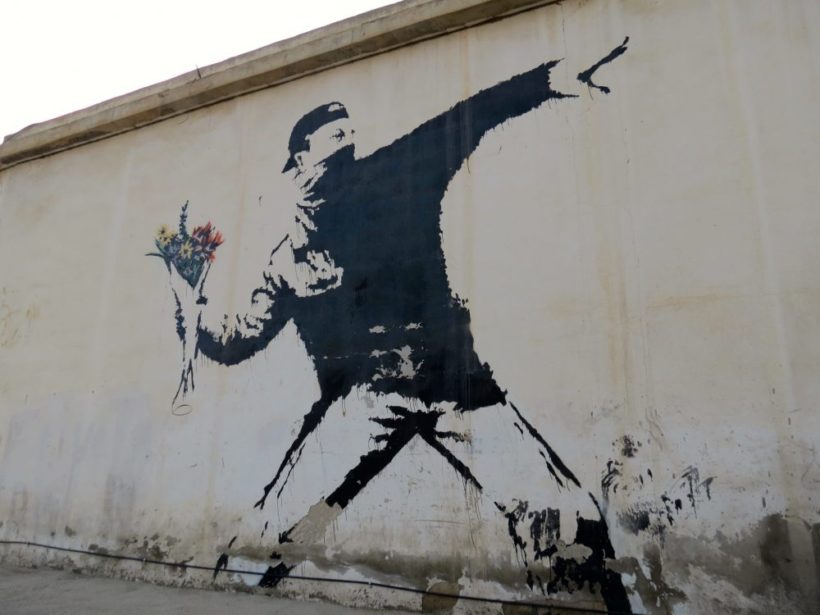Interested in the situations of social upheaval that are occurring in different cities around the world, some of our friends got together to reflect on non-violent actions.
We approached the subject by identifying situations in which we feel violated; we exchanged on the deepest roots of violence; we differentiated between personal violence and social violence and we tried to give answers on what actions can allow the advance of nonviolence on a social level and the overcoming of personal violence.
The different social upheavals that have recently taken place in various parts of the world alert us to the advance of this trend. Although in each place the protests have had their own characteristics, the condition that has led to these protests is similar everywhere. The population has demonstrated to reject a system marked by inequality, injustice, exclusion and the abuse of power by an elite that excludes a large part of the population from basic needs such as education, health and housing. A system that has generated so much violence in the villages that people have responded with mass demonstrations, sometimes with violent acts, but in most cases with non-violent actions.
We ask ourselves: What has been the driving force behind many collectives’ nonviolent response? And what is the nonviolent response that we can give at this historical moment?
The exchange begins with a dialogue about those situations that personally violate us. We recognise an internal violence, caused by an external violence that comes from an unjust, discriminatory and exclusionary system, which curtails our basic rights and subjects us to situations of strong pressure.
It is a system that has already implanted violence as a response to situations of instability from its very roots. A response that leads to revenge and resentment. We are aware that we want a change in this deep-rooted way of acting, inherited from a past that no longer has anything to do with the world we long for.
We are also seeing how spontaneous movements, some organised, some not, are deciding to stop situations of violence with responses that prevent it from advancing. We want to place ourselves in this range, to promote and disseminate this type of response. This is the reason that brings us together, to go out into the environment strengthened and to propose nonviolent action.
We recognise that in order to overcome that which violates us, especially personally, there are tools for internal work that help us in this purpose. Giving an individual nonviolent response to these situations is possible from a more lucid, more awakened state of consciousness. To the extent that we are attentive, we can defer the response and thus give a nonviolent response. That is to say, this attitude of nonviolent response arises from something internal, from something profound, it is not just a form of struggle, it is not just a moral question, nonviolence is a way of life.
In that sense, a friend points out that nonviolent attitude is a way of life, you have to be very connected to something deep to be able to have a nonviolent attitude in your life. Another friend comments that overcoming violence means overcoming resentment and the desire for revenge both personally and socially. Someone else points to the pursuit of desires as a source of suffering and violence.
But what joint responses can we give to the violence of an unjust and discriminatory system?
To ignore violence or to silence it is to act with a violent response, notes one of the participants. On the other hand, to denounce it, to take it on or give it a way out, would be a nonviolent action.
From that point of view, many of our daily actions can be defined as nonviolent actions. When I denounce a discriminatory situation by writing an article, or when I oppose a situation of abuse, or when I manifest myself peacefully in the face of injustice, or when I nonviolently oppose the execution of an unjust law, when I join with others to advance our personal growth, or to connect with our inner selves, when I treat others as I would like to be treated, I am doing nonviolent actions and I am responding to a violent system.
-This article was published in Pressenza on 10-12-2019.






